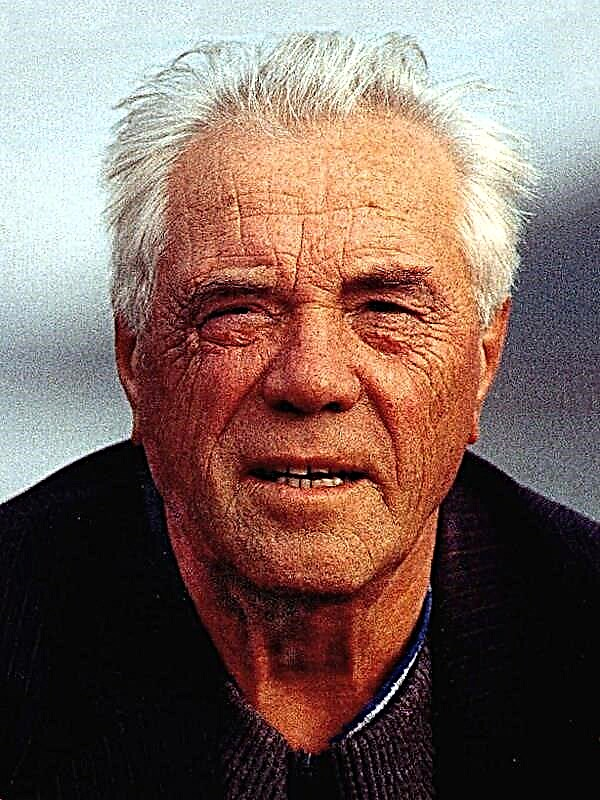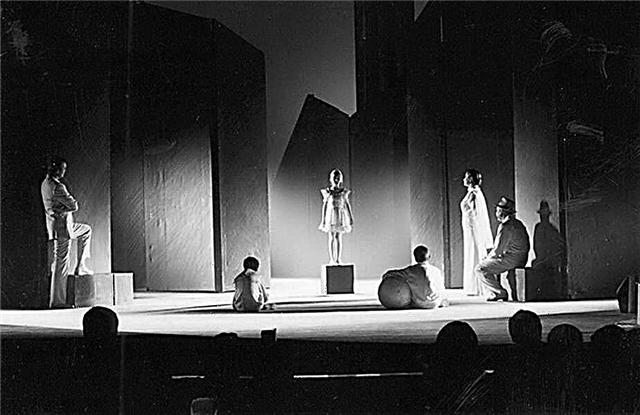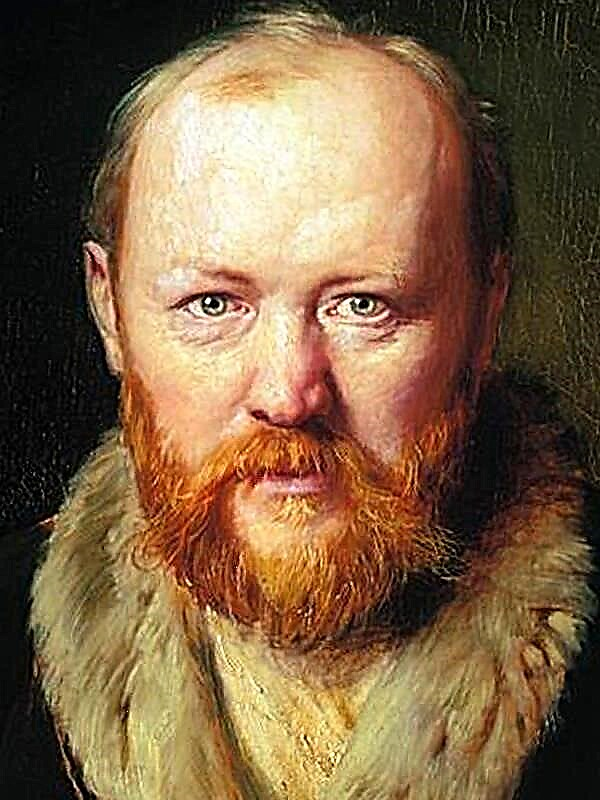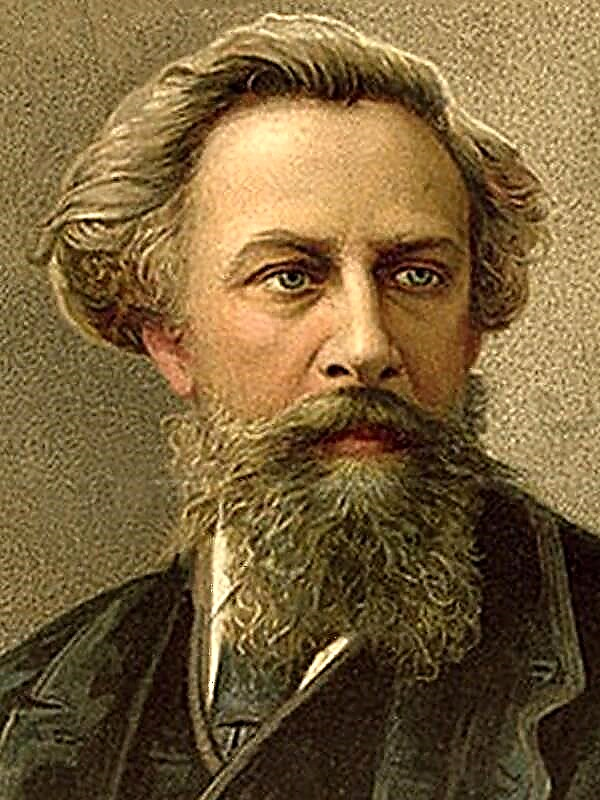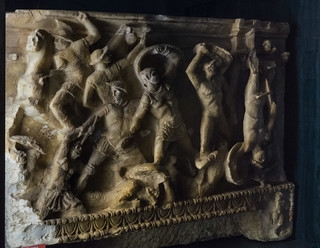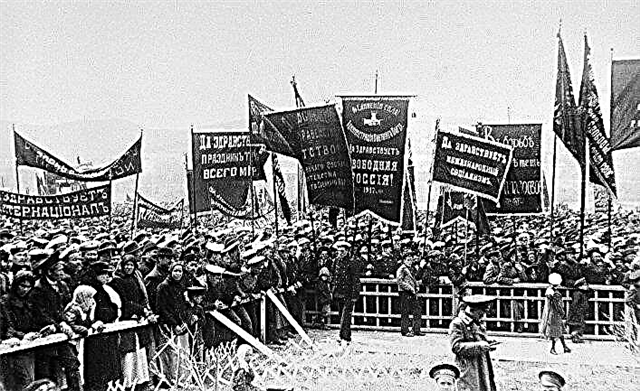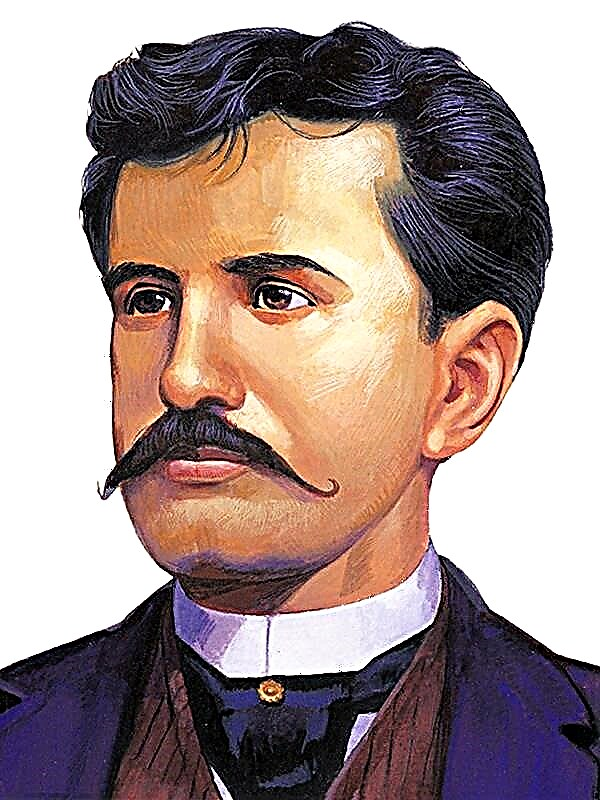Some people are trying to save others from execution. But they act in different ways. The wise prudence of the Odessa Newton-mathematician, with whom Venyamin Fedorovich approached the case, differs from the stupid troublesomeness of Isai Benediktovich. Isai Benediktovich behaves as if shooting is a contagious and sticky disease, and therefore he can also be shot. He always remembers that in St. Petersburg he had a wife. Troubling, turning to influential people, Isai Benediktovich seems to be vaccinating himself against execution.
Animal fear rules people, scribbles denunciations, beats lying, requires execution for captives. People demand killing for a body kit in the market, a random signature, hidden rye. black horse blood of an era sprinkles with a fountain.
The author lived for some time in the building of Tsekubu (Central Commission for the Improvement of the Life of Scientists). The domestic servant hated him for not being a professor. People coming to Tsekubu mistook him for their own and consulted which republic it is better to flee from Kharkov and Voronezh. When the author finally left the Tsekubu building, his coat lay across the span, like a man leaving a hospital or prison. In verbal craft, the author appreciates only “wild meat, crazy growth”, and divides the works of world literature into permitted and written without permission. "The former is scum, the latter is stolen air." Writers writing permitted things should be prohibited from having children. After all, children will have to prove the most important thing for their fathers, but the fathers are sold out to the pockmarked line for three generations ahead.
The author has neither manuscripts, nor notebooks, nor even handwriting: he is the only one in Russia who works with his voice, and does not write as a "gustopovskaya bastard." He feels like a Chinese whom no one understands. His patron, People's Commissar Mravyan-Muravyan, died "naive and curious, like a priest from a Turkish village." And never again to travel to Erivan, taking with you the courage in a yellow straw basket and the old man's stick - the Jewish staff.
On Moscow psih nights, the author never tire of repeating a beautiful Russian verse: "... did not shoot the unfortunate in prison ..." "This is a symbol of faith, here is the true canon of a real writer, the mortal enemy of literature."
Looking at the literary critic Mitka the Good permitted by the Bolsheviks, a dairy vegetarian from the House of Herzen, who is guarding a rope of a strangler Seryozha Yesenin in a special museum, the author thinks: “What was mother philology and what became ... There was all blood, all intransigence, and became psyakrev, became tolerance ... "
The list of killers of Russian poets is replenished. These people can see the Cain stamp of literary killers on their foreheads - like, for example, Gornfeld, who called his book “Words of Torment” ... The author met Gornfeld in those days when there was no ideology and there was no one to complain if anyone offended you . In the twenty-ninth Soviet year, Gornfeld went to complain about the author in the Evening Red Newspaper.
The author comes to complain to the reception of Nikolai Ivanovich, where a frightened and compassionate squirrel-secretary sits on the threshold of power, protecting the bearer of power as seriously ill. He wants to sue for his honor. But you can only contact Alexander Ivanovich Herzen ... Writing in the form in which it has developed in Europe and especially in Russia is incompatible with the honorary title of Jew, of which the author is proud. His blood, weighed down by the inheritance of sheep farmers, patriarchs and kings, rebels against the thieving gypsy writers of the tribe, to whom power assigns places in the yellow quarters, like prostitutes. “For literature everywhere fulfills one purpose: it helps the commanders to keep the soldiers in obedience and helps the judges mend the reprisals against the doomed.”
The author is ready to bear responsibility for the ZIF publishing house, which did not agree with the translators Gornfeld and Karjakin. But he does not want to wear a solid literary coat. It is better to run along the boulevard rings of winter Moscow in one jacket, just to not see the illuminated Judas windows of the writing house on Tversky Boulevard and not hear the ringing of silver pieces and the count of printed sheets.
For the author, a hole is valuable in a bagel, and Brussels lace in labor, because the main thing in Brussels lace is the air on which the pattern is held. Therefore, his poetic work is perceived by all as mischief. But he agrees. He considers the stories of Zoshchenko, the only person who showed the worker and who was trampled into the mud for, to be a labor book. That's who Brussels lace lives with!
At night, jokes go around Ilyinka: Lenin and Trotsky, two Jews, a German organ-grinder, Armenians from the city of Erivan ...
“And in Armavir it is written on the city emblem: the dog barks, the wind wears.”

